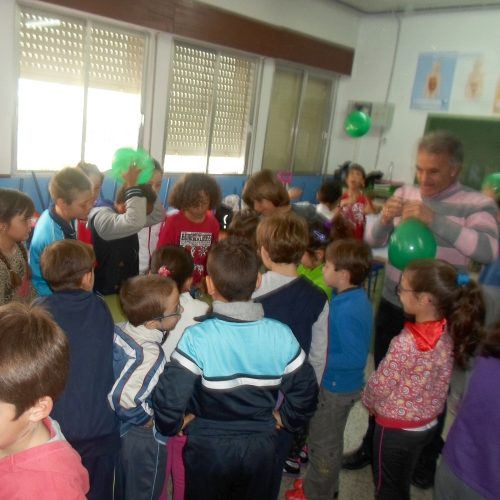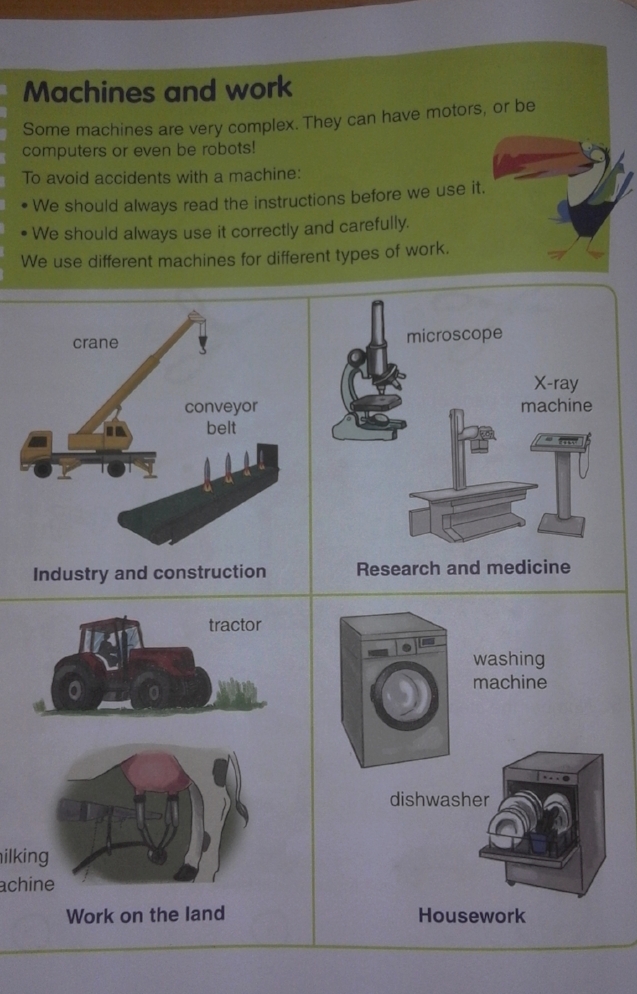
Teaching English with Auxiliares
Dear Sam,
We’ve chatted a bit already about some options for you to consider in order to move to Spain outside of an undergraduate study abroad program. As you know, my top recommendation―in terms of ease as well as enjoyment―is applying to be an English language and culture assistant through the Spanish government’s Auxiliares de conversacion y cultura program, commonly referred to simply as ‘Auxiliares.’
As we move forward, I’d love to get into the details of the application process, any preparations you can do beforehand, how to thrive as an auxiliar, etc. But let’s be honest, before you can decide if this is the right option for you, you’re probably going to want to know a bit about the advantages and disadvantages! Here are the basics to consider about Auxiliares before you apply:
What is it?
The Auxiliares de conversación y cultura program is an initiative run by the Spanish government’s Ministry of Education, Culture and Sport. It is aimed at fortifying bilingual education in the public schools and therefore brings in teaching assistants from English-speaking countries (as well as French-speaking ones). There is no fee for applying or participating in Auxiliares and it’s treated like a scholarship so you get a student visa and a ‘stipend’ every month. Stipends vary a bit depending on the region, but basically come down to 700€ /month for working just 12hr/wk in a public elementary or high school or state-run language school. The commitment is generally a full academic year (October-May/June).
Pros:
– There are very few requirements to apply. You simply have to be from an English-speaking country and have a higher education degree of some sort (BA, BS, or Associates) by the start of the academic year you are applying for. You do not need to have a TEFL or equivalent English-teaching certification. Proof of ‘communication skills’ in Spanish is merely ‘advisable.’
– The pay is really good for Spain and you will earn more than the monthly minimum wage for doing what is technically like a part-time job. While working 12hr/wk (or even 18hr/wk on the high end), you will easily have time to travel, take Spanish lessons, teach private lessons, and/or add in any other hobbies you are interested in.
– The bureaucratic process is simple. Now, ‘simple’ is a relative term. You will still probably get a headache trying to smoothly complete all of the steps of obtaining the three-month visa from your home country and then switch it over to 9-month status in order to obtain your NIE once in Spain. However, it is a pretty common process and, with all the correct paperwork at hand, you run essentially no risk of getting denied.
– Your job is to be a teaching ASSISTANT. You can have zero teaching experience and still get accepted for this program. You should never be left with an entire classroom of students, but instead work alongside the main teacher in bilingual lessons or in small groups on your own.* In general, this job will require minimal effort outside of your working hours. It’s therefore perfect for someone looking for an introduction to teaching or someone not actually interested in teaching at all, but who can grin-and-bear-it for a few hours a week as a trade-off for living in sunny Spain.
Cons:
 – In applying for the program, you can preference a communidad of Spain (region), but placements are done on a rolling basis, meaning that those with an early application number get preference (as well as those in their second year). Honestly, your qualifications mean very little. Despite being a perfect candidate, if you don’t apply right away** you will likely not hear back about your placement until the summer months, and probably not receive one of your top three regions. On the other hand, you may receive the communidad you hoped for, only to find that your school is in a small pueblo and to be forced to decide between an hour commute to work or living somewhere with only one supermarket and pub.
– In applying for the program, you can preference a communidad of Spain (region), but placements are done on a rolling basis, meaning that those with an early application number get preference (as well as those in their second year). Honestly, your qualifications mean very little. Despite being a perfect candidate, if you don’t apply right away** you will likely not hear back about your placement until the summer months, and probably not receive one of your top three regions. On the other hand, you may receive the communidad you hoped for, only to find that your school is in a small pueblo and to be forced to decide between an hour commute to work or living somewhere with only one supermarket and pub.
– Payments are not always timely. I highly recommend having enough money to get by for your first two months (or more) as you never know if your school will be able to pay you on time. The ministry is notorious for late payments. This means that your school will likely not receive its stipend to pay you before the start of November, when you should get paid for your first month. Some schools have the funds to ‘front’ the money so that you get paid on time regardless of the fact that they’re still waiting, but others simply don’t have that extra cash to do so. You might be waiting into November or longer before you see a deposit in your bank account.
– Contrary to many people’s understanding before arriving at their school placement, you will probably spend more time teaching the nervous system than English grammar. Because you’ll be working at bilingual schools, it’s far more likely you’ll be placed in social studies and science lessons than in English classes. This could also be a pro, if it’s much more interesting to you, but I honestly don’t know if it all that effective to teach the reproductive system to ten-year-olds in a foreign language. You will probably have to brush up on your food groups, reptiles vs. amphibians, etc, and also prepare yourself for the realization that students are learning the exact same thing in every grade (albeit, with more details and complex vocabulary as they get older) as you bounce from class to class in the school’s attempt to share you with everyone.
– Your job is to be a teaching ASSISTANT (yes, I see this as a con, too). Although this opens up this possibility to many more applicants, it also means that schools don’t always know how to effectively use you in the classroom and you may get bored correcting pronunciation 12hr/wk. If you’re someone with teaching experience or genuine interest in lesson planning and execution, you may be disappointed with the limitation of auxiliares. Seeing as many people use this option as an easy way to live in Spain, sometimes teachers expect that and don’t encourage meaningful participation from you. (The bright side, of course, is that you can always talk to your school if you want to be doing more or less than what they seem to expect.)
Of course, I could go into more detail, but I think this is already plenty of information for you to mull over when deciding if auxiliares is right for you. I look forward to sharing a more personal account of my experience soon and you can read about Lexa’s experience as a volunteer auxiliar here. As always, please reach out with any specifics questions you may have so that we’re sure to share that information with everyone!
Sincerely,
Spain
*Of course, keep in mind that this is the rule but the ministry is unable to keep tabs on the reality of what happens at each individual school. I’ve certainly heard of auxiliares who were asked to take over the classes while the main teacher skipped out that period, who were expected to plan out all of their lessons, and/or who were made to prepare and grade tests and assignments. This is not, however, a part of your job description and if you are not comfortable with any of it, it is within your rights to refuse.
**Seasoned auxiliares know exactly how to work the system and will submit their applications right after midnight (Spanish time) on the day it opens―whether they have all their documents ready or not. Even waiting a couple days after the application opens (in early January) will mean your application number will be in the 400/500s. Plan accordingly.




